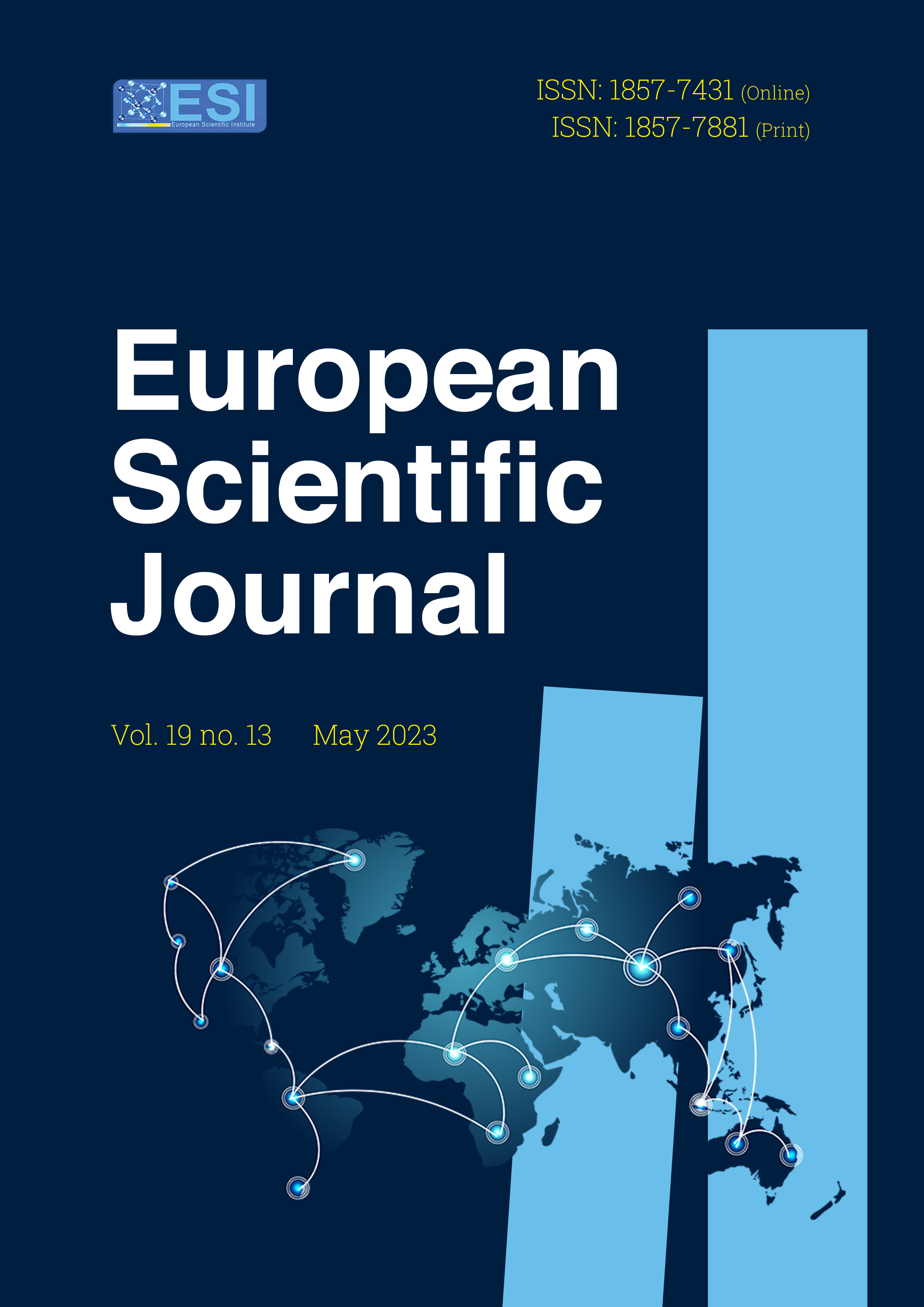E-learning Challenges in the Era of Covid-19: The Georgian Case
Abstract
Digital literacy became an essential skill for learning, living and working. Therefore, the Internet remains a main part of modern life, constantly evolving and facilitating people’s lives. The global Covid-19 pandemic has made the issue of effective use of information and communication tools and proper possession of digital skills and its importance even more urgent. Higher education around the world has largely shifted to a distance/online-learning format. Covid-19 pandemic has affected many countries on a large scale, and Georgia's higher education system was no exception. Due to the wide-scale spread of the virus and in order to reduce the disastrous consequences, the state decided to continue education throughout Georgia remotely through online learning platforms, which posed a number of challenges for representatives of higher education institutions, as well as academic staff and students. The transition to online teaching has also created problems in the process of fully implementing student support activities. As the university mandates the creation of a student-friendly environment, to offer relevant services, to inform and support students with low social status and students with disabilities, it became a great challenge for Georgian universities to provide socially disadvantaged students with the resources needed for E-learning. The study is about Georgian case, how effective Georgian government managed learning prosses in the period of Covid-19 pandemic; What kind of challenges students had in this period and what are their vision regarding the online learning and its perspective for future development of teaching/studying process.
Downloads
PlumX Statistics
References
2. Adil, M. (2021). TOP 15 REASONS WHY THE INTERNET IS GOOD FOR STUDENTS IN EDUCATION. Retrieved from https://adilblogger.com/reasons-internet-good-students-education/
3. Bakradze, L. (2020). New Educational Reality, Terms, Challenges, Recommendations. Erasmusplus Blog.
4. Bartolo, E. (2014). Malta National Lifelong Learning Strategy 2020.
5. Bendeliani, K. (2020, August 11). Interpressnews. Retrieved from Interpressnews.
6. Crozier, F., & Greer, A. (2020, November 30). Criteria and Guidelines for the Evaluation of Online and / or Mixed Learning and Teaching.
7. Delle, C. (2020). What Is Digital Literacy and Why Does It Matter. Retrieved from https://worldliteracyfoundation.org/digital-literacy-why-does-it-matter/
8. Digital Literacy Skills: Online Safety. (n.d.). Retrieved from https://www.webwise.ie/teachers/online-safety-skills/
9. Dogniez, J. (2019). INTERNET FOR EDUCATION: KEY CONSIDERATIONS FOR ADVANCING SUSTAINABLE DEVELOPMENT. Dotmagazine 1.
10. InternetSociety. (2017). Internet Access and Education: Key Consideretions for policy makers. Retrieved from https://www.internetsociety.org/wp-content/uploads/2017/11/Internet-Access-Education_2017120.pdf
11. JISC. (2016). Building digital capabilities: The six elements defined. JISC. Retrieved from https://repository.jisc.ac.uk/6611/1/JFL0066F_DIGIGAP_MOD_IND_FRAME.PDF
12. Laar, E. v., Alexander, J. A., Deursen, v., van Dijk, J. A., & de Haan, J. (2020). Measuring the levels of 21st-century digital skills among professionals working within the creative industries: A performance-based approach. Elsevier B.V.
13. OECD. (2020). A Framework to guide an Education response to the COVID-19 Pandemic of 2020.
14. Room, M. (2021). Advantages and Disadvantages of Internet for Students | Dangers & Benefits of Internet for Students. Retrieved from https://www.hitechwhizz.com/2021/01/6-advantages-and-disadvantages-drawbacks-benefits-of-internet-for-students.html.
15. Saliaj, A. (2021). Validation of a Survey measuring the Challenges of Online Education in a Pandemic Environment. Report presented to the European Scientific Institute – Post-doctoral Program.
16. The American Library Association (ALA). (2021). Digital Literacy. Retrieved from https://literacy.ala.org/digital-literacy/
17. The University of Western Sydney. (2020). What is digital literacy? Retrieved from https://www.westernsydney.edu.au/studysmart/home/study_skills_guides/digital_literacy/what_is_digital_literacy?fbclid=IwAR3J81Pj1YlvD2lSwwLYQcx44lr45rZknq8QSafr6z6pYixsIIAa9pInXGw
18. UNICEF. (2017). Children in a Digital World. Retrieved from https://www.unicef.org/media/48601/file
19. What the Fourth Industrial Revolution means and how to respondto new chalenges. (2016).
Copyright (c) 2023 Tamar Kakutia, Elena Hunt, Paul Kwame Butakor, Syed Mir Muhammad Shah

This work is licensed under a Creative Commons Attribution-NonCommercial-NoDerivatives 4.0 International License.








